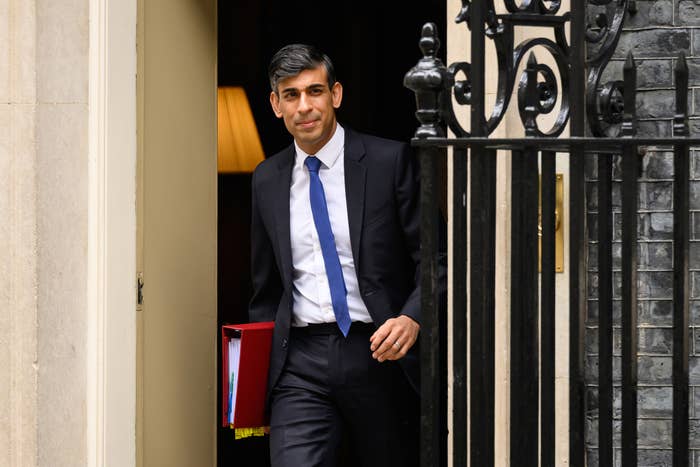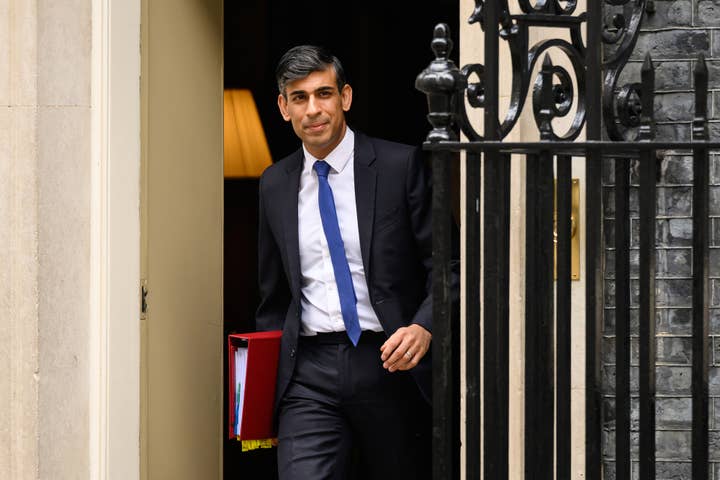
Data recently published by the Department for Work & Pensions shows that the UK has seen the biggest rise in what’s called ‘absolute poverty’ in 30 years.
There are two ways of describing poverty in this country: ‘relative poverty’ refers to the number of people whose income is 40% below the national average, and ‘absolute poverty’ measures the number of people who can not afford a set standard of living.
The DWP currently defines ‘absolute poverty’ based on the standard of living afforded by an average income in the year ending March 2011. If your income is 40% below that benchmark, after adjusting for rising prices, you are said to be living in absolute poverty.
The shocking new figures have been attributed to a rise in energy prices allegedly caused by Russia’s invasion of Ukraine.
Defending the figures Work & Pensions Secretary Mel Stride said the government had stemmed the issue by issuing what he called the “biggest cost of living package in Europe, worth an average of £3,800 per household.”
Stride claimed the “unprecedented support prevented 1.3 million people from falling into poverty in 2022-23.” And that without that, the increase in absolute poverty would have been three times worse.
Treasury spokesperson Sarah Olney added: “This is a devastating rise and behind these numbers will be stories of children going hungry and families unable to heat their homes.”
Labour said the statistics were “horrifying”.
Shadow employment and social security minister Alison McGovern commented: “The Conservative government crashed the economy and unleashed a cost of living crisis, pushing families across the country into poverty and a million children into destitution.”

